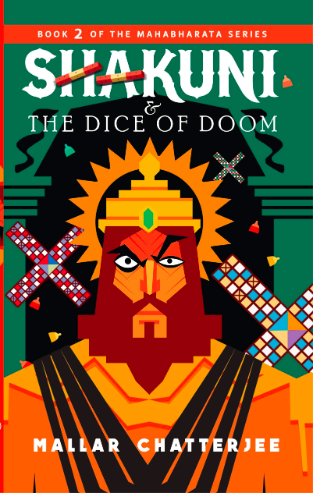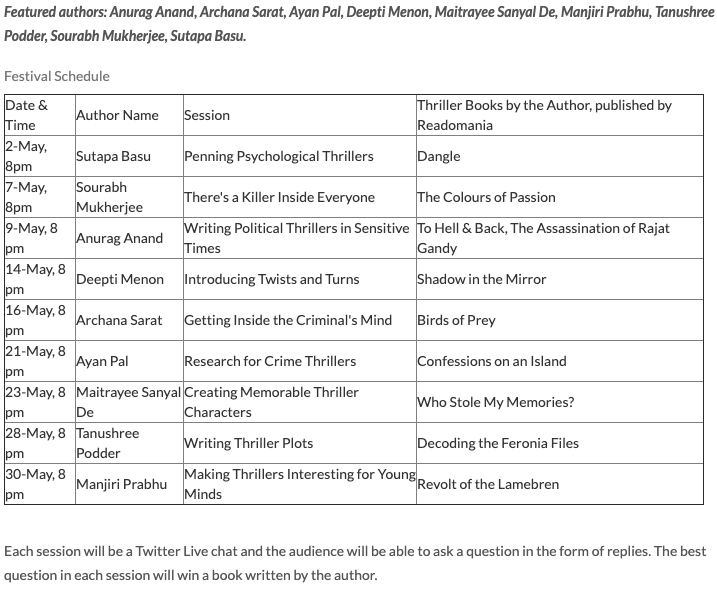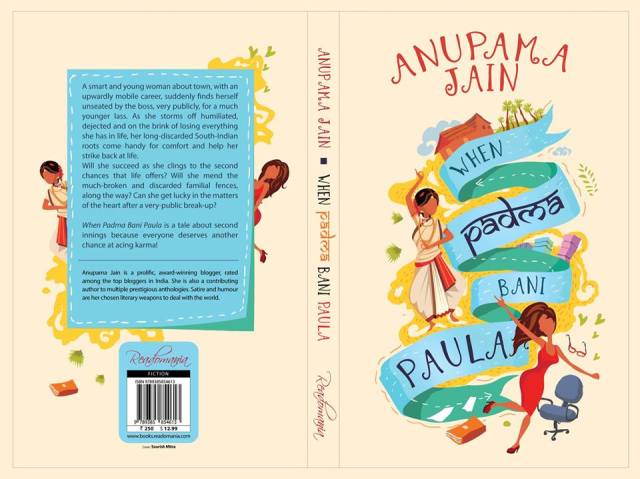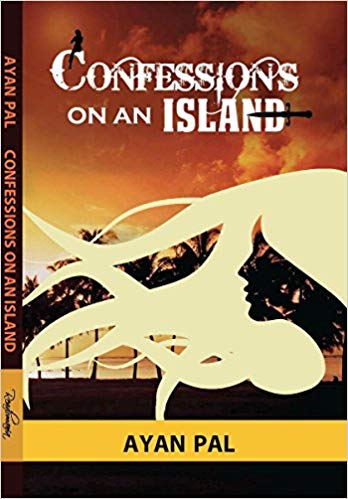Dear Animal Welfare Board of India,
You have issued an “appeal” to cow lovers to celebrate February 14 as “Cow Hug Day”, saying this exercise “will bring emotional richness” and “increase individual and collective happiness!”
It is a dairying approach no doubt and some will milk it like how!
Firstly I am not going to crib about the consent issues that are being taken for granted. Like always with women, is it understood that random bovine hugs are welcome and keenly awaited? Between the huggee and hugger, who is the cow? For obvious gender reasons, it will be a female! I am not risking gendering this Feb 14 Thingy. Keeping it male and female variety for now. Not Rainbowing it!
(Will the hugger sport a ‘Cow Lick’ keeping with the spirit of the occasion here? )
Secondly, even if one decides to hug a cow in all earnestness hoping for an emotional Nirvana thereby inviting appeasement of the universe, what if the said divine cultural creature chooses to give the hugger one almighty kick, worse still, plunge those mighty miffed pointy horns into the excited flesh of the poor slob? Will the welfare extend to the silly sufferer? Where is the collective happiness here? Only collectable individual unhappiness!
Thirdly FoMo ho raha hoga!
Romancing might be a dastardly western influence but love is universal.
The first flush of amour, the unbridled exhilaration of pulsating young souls, and the confessions of the heart are enough to melt even the jaded. Comparing this young feeling to the motherly/maternal vibrations released as a result of bovine embracing is stretching the credulity to the max
I cannot end this rant but wonder, is a woman’s traditional stature less than a cow’s?
Maybe, my comprehension skills are going downhill.
Give a rose
Hug a cow!
Whatever!
One thing’s sure, the resident husband will surely choose me. Searching for a cow in these concrete jungles is an effort!
P.S. A cow was heard Sotto Vocing, ‘Where is the grass? Recycle this plastic heap! Coat, UnCoat!’
NaMo Narayanaya!












